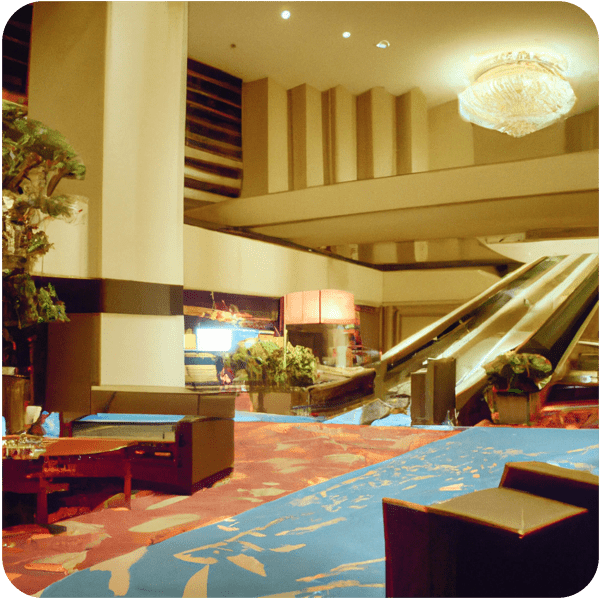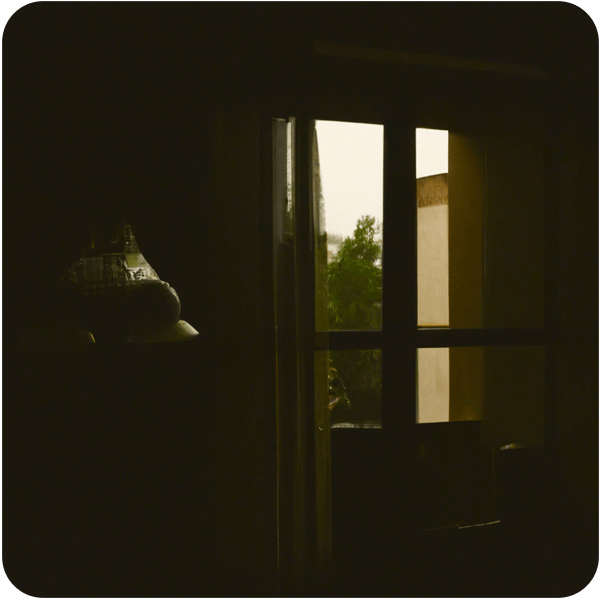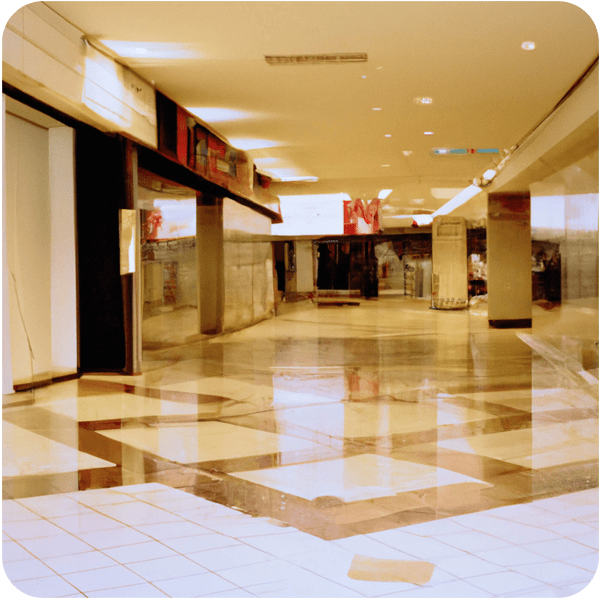Johny Pitts
Johny
Pitts
Pitts
Johny
Pitts
Pitts
Johny
Pitts
Pitts
Johny
Pitts
Pitts
Johny
Pitts
Pitts
Johny
Pitts
Pitts
Johny
Pitts
Pitts
Johny
Pitts
Pitts
Johny
Pitts
Pitts
Johny
Pitts
Pitts
Johny
Pitts
Pitts
Johny
Pitts
Pitts
Johny
Pitts
Pitts
Johny
Pitts
Pitts
Johny Pitts, Broadcaster
Wing Takanawa West shopping mall, Tokyo
00:00 / 03:05





The summer of 1990, which is an era that brings back memories of
my dad who got a role in the Japanese tour of “Starlight Express.”
And I was lifted from a row of terrace houses in a working class
area of Sheffield and placed in the heart of what was then
the richest city in the world at its most decadent
and that’s Tokyo during the bubble economy era.
And we were living in this five-star hotel called The Takanawa Prince
for a couple of months in an area called Shinagawa.
And while my dad was in rehearsals, my mum and I
were left to just wander the hotel grounds. And this hotel
was so beautiful. There was a Japanese garden full of cicadas
you know, humming in the trees, and a daily tea ceremony
that we’d attend, a pond full of koi carp.
And sometimes when we were feeling homesick, we’d escape the grounds
and go to, like, this sort of small shopping plaza that was
connected to the hotel called the Wing Takanawa West.
And these summer strolls through this leisure complex
that was scored by cicadas and smooth jazz muzak,
had some of the happiest memories of my life. But then when
I researched this era of Japanese history, the consumerism and the greed
that Japan still hasn’t really recovered from that was going around during that era.
And in a way, it was a system that Japan was benefiting from
that was crushing my hometown back in England.
Everything sort of, I don’t know, started to assume a kind of darkness.
My nostalgia for that era is just tinged with this kind of darkness
that’s just beneath the surface. And even actually the history of
the land that the hotel that I loved stands on,
it was sort of acquired from Japanese royalty after World War II,
even that history has a certain kind of darkness.
And, like, when I think about my personal happy memories from this time,
and then the structures that are sometimes problematic that contain them,
that really kind of interests me, and it really informs the work that I do now.
And in fact, my latest project is me returning to Japan with my old family camera
and revisiting some of the spaces I remember from my childhood,
and especially this little department store, which is Wing Takanawa West,
and it is, you can see it, on Google Maps.
And what’s weird is that in 1990, this department store was super futuristic,
but, um, it’s barely changed, so now it feels like the future
as imagined by a past that didn’t really work out.
And I swear when I go there, it’s the same ambient muzak soundtrack
that was playing in 1990 in this department store, and it’s as though
it’s sort of been on repeat for the last 30 years. And there’s something really
unsettling about that, but also beautiful. And I believe that the Japanese
have a term, “mono no aware”, which I think is kind of what I’m really feeling
when I think about this shopping plaza in Shinagawa.
Johny Pitts, broadcaster
Wing Takanawa West shopping mall, Tokyo
Wing Takanawa West shopping mall, Tokyo